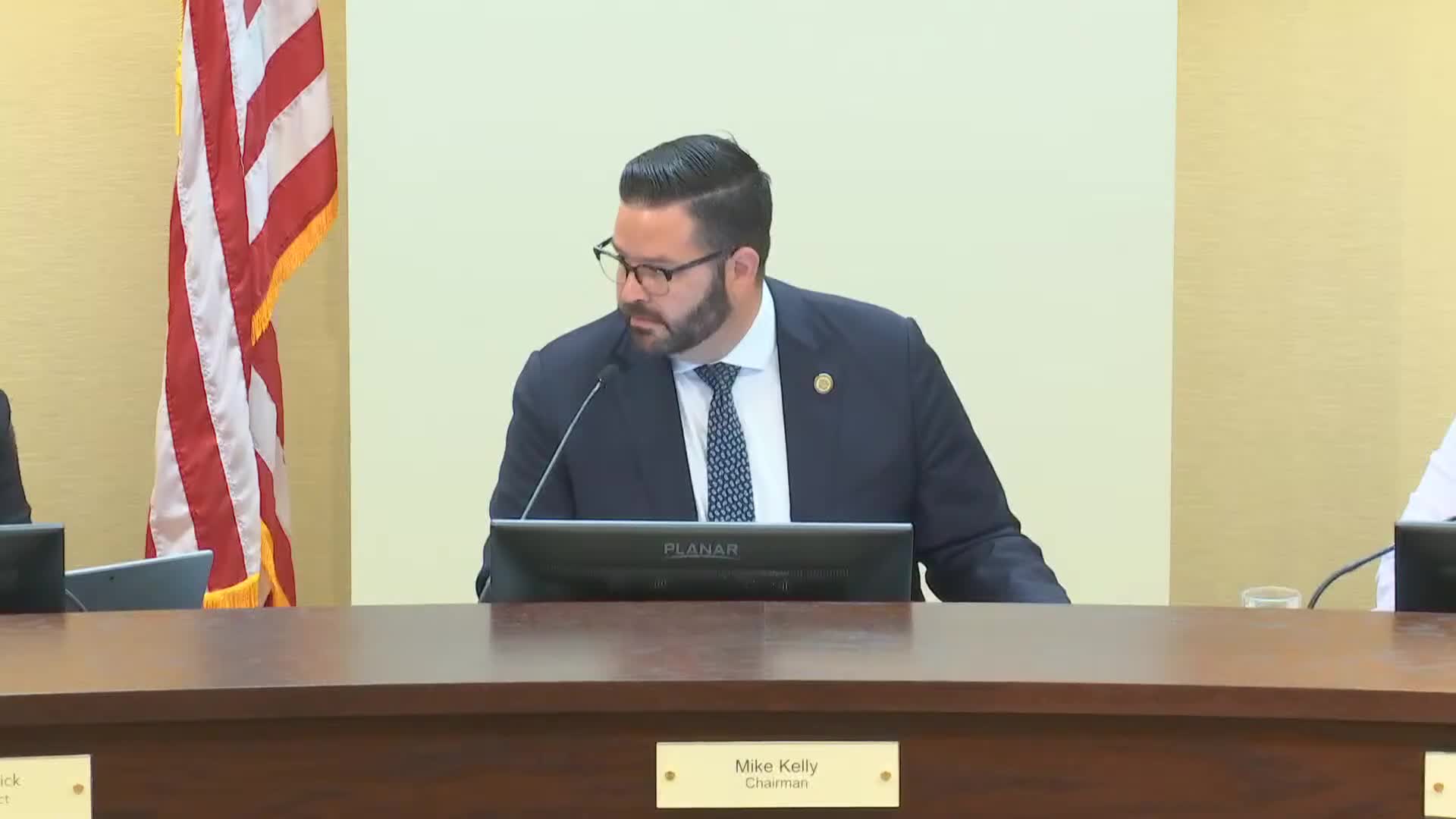Johnson County approves $18.8M in CARS and $25.0M in stormwater spending; cities praise partnership
Get AI-powered insights, summaries, and transcripts
Subscribe
Summary
The Board of County Commissioners on Oct. 9 authorized the 2026 County Assistance Road Systems (CARS) program for up to $18,781,000 and the 2026 Stormwater Management Program (SMP) for up to $25,013,842. City public‑works directors told commissioners the programs are essential for maintaining regional roads and flood mitigation.
Johnson County commissioners on Oct. 9 approved the 2026 County Assistance Road Systems (CARS) program expenditures not to exceed $18,781,000 and the 2026 Stormwater Management Program (SMP) expenditures not to exceed $25,013,842, both by 7‑0 votes.
The two programs — funded and administered in partnership with cities across the county — provide matching and cost‑share dollars for arterial reconstruction, mill and overlay work, storm‑sewer replacement, and flood‑risk reduction. "We definitely could not improve our infrastructure to the level that we have without the funding from your programs," said Celia Kumpke, public works director for Merriam.
Cities that spoke during the presentation described ongoing projects supported by the county funds. Celia Kumpke outlined a mill‑and‑overlay project that includes sidewalk and bicycle improvements and said engineering work on Upper Turkey Creek is under design to reduce flood risk for businesses along Merriam Drive. Nate Baldwin, city engineer for Olathe, said CARS funding is helping remove houses and roads from floodways and replace failing corrugated metal pipe. "We've been able to remove numerous houses and roads from the floodway, replace failing infrastructure and improve our roadways with these two programs," Baldwin said.
Lee Kellenberger, urban services manager for county public works, framed the programs as long‑standing interlocal partnerships: "The overarching goal of these programs is to promote interlocal cooperation between the cities of Johnson County and Johnson County in the planning, maintenance, and construction of major transportation and stormwater improvements throughout the county." He also introduced city representatives who attended to describe local projects and coordination.
Commissioners pressed staff on funding pressures and program sustainability. Commissioner Ashcraft asked about the CARS revenue base as electric vehicles (EVs) reduce gasoline tax receipts; staff said the state recently updated fees for EVs under a legislative measure referred to in the meeting as "bill 21‑22," and that change is expected to add roughly $3.5 million in additional revenue in fiscal year 2026 (county staff said the figure came from the state and did not provide a county‑level breakdown). Ashcraft also asked about a roughly $15 million funding gap between current revenues and a fully funded CARS program; staff confirmed that estimate.
Commissioners and city directors also discussed stormwater strategy. Heather Schmidt, stormwater program manager, said the county has completed watershed master plans that emphasize upstream controls but noted that many projects currently on the books are at the bottoms of watersheds where built‑out development from the 1970s leaves limited room for upstream fixes. "These projects...have been there in areas that developed back in the seventies. There's limited space in the watersheds typically to make the big enough adjustments to address their flooding issues," Schmidt said.
The board emphasized preserving program capacity as costs rise and supply‑chain pressures continue. Chair Mike Kelly praised the programs as essential county services and underscored the county's intent to protect these funding streams "moving forward" during next year’s budget discussions.
The motions were moved and seconded on the record and both measures passed unanimously. Commissioners Myers and Brewer moved the two spending authorizations; roll calls recorded seven ayes and no nays on each item.
Background: CARS provides county assistance to cities for major arterial projects, while SMP funds stormwater design and construction to reduce flood risk and improve water quality. The county’s representatives said these programs enable smaller cities to leverage federal grants and local funds to complete projects that benefit regional mobility and flood resilience.
